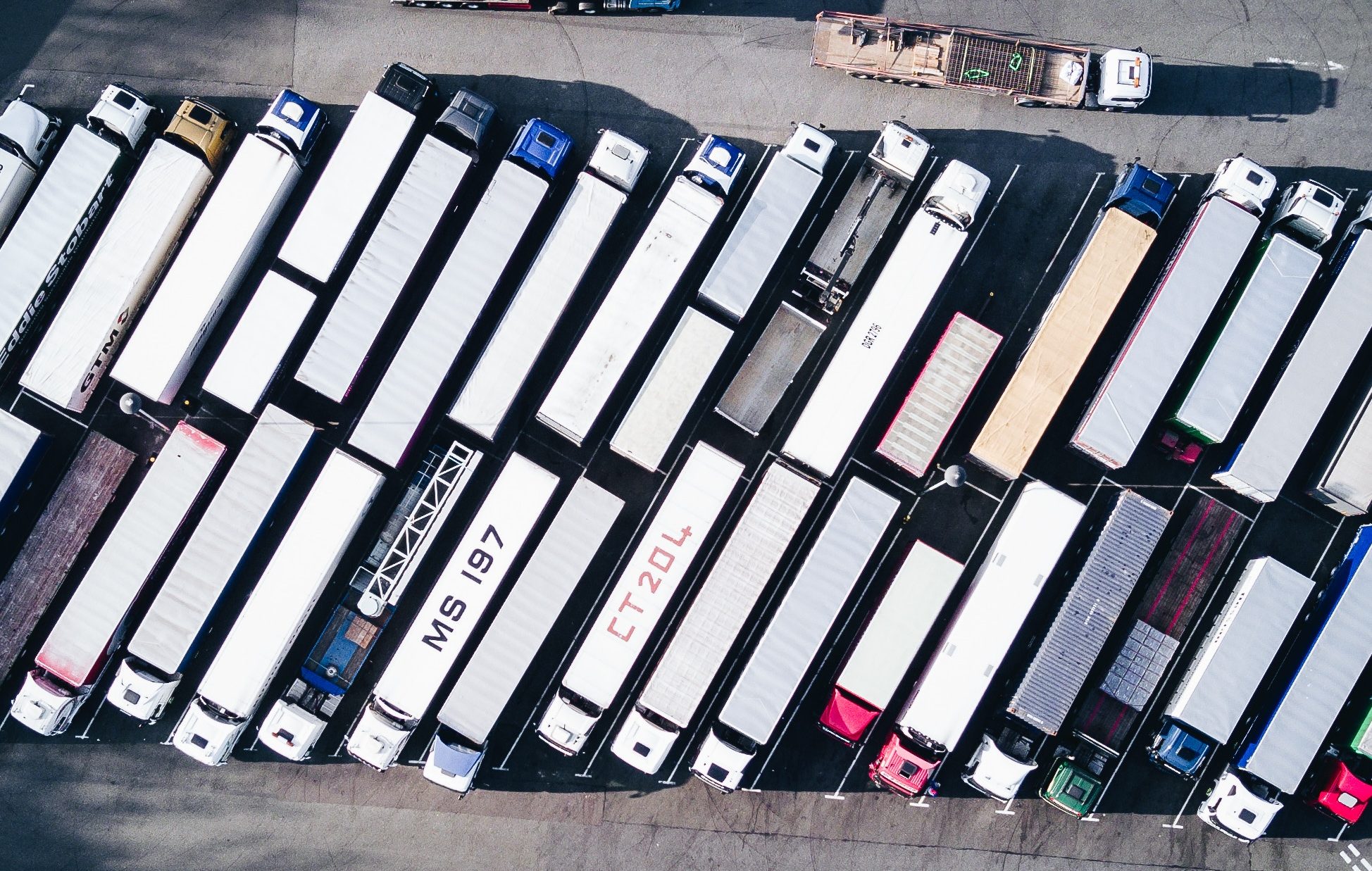
Fueling Collisions: The Case for a Smarter Freight Tax
Regulations meant to mitigate the harms of diesel trucking have unintended consequences
In one form or another, most economic activity in the United States is connected to a truck. Trucking is the backbone of the American freight system — accounting for an estimated 60 percent of all freight shipped in the U.S. in 2015. But trucking and goods movement produce significant costs, including congestion, pollution, road damage, noise, and collisions. Regulating trucking’s externalities is complex, and ill-informed policies may have unintended consequences.
Though they are more commonly thought of as a source of revenue for road infrastructure, diesel fuel taxes are also the main corrective measure used to mitigate damage caused by the trucking industry. The underlying assumption is that, by increasing costs, aggregate fuel consumption will decrease, which in turn will reduce the external impacts of trucking.
However, fuel taxes have an overlooked effect on freight carrier dispatching decisions. Previous research by Linda Cohen and Kevin Roth shows that as fuel prices rise, companies balance the service quality they provide, and particularly the frequency of deliveries, with the costs of transportation. Faced with a higher cost of fuel due to taxes, companies often choose to decrease their total number of shipments and increase the cargo on each shipment.
In short, higher diesel fuel taxes lead to fewer, but heavier, trucks on the road. Trucks become so heavy that, according to Cohen and Roth, they cause enough additional road damage to offset the gains from reduced diesel fuel consumption. More alarmingly, my research demonstrates that the distortionary effects of diesel taxes on truck weights and mileage likely lead to more dangerous truck collisions.
This result is the culmination of several effects. Diesel taxes reduce truck miles traveled, which should reduce collisions. Diesel taxes also increase truck weight, and heavier trucks increase the number of collisions because they are less maneuverable and take more time to brake. Furthermore, heavier trucks are expected to make the average truck collision more severe. This implies that, while it is unclear whether diesel taxes increase or decrease the total number of collisions, they are expected to make collisions worse.
No one has previously investigated the link between collisions and freight truck weight, but the relationship of severe traffic collisions and passenger vehicle weight is well-documented. The literature suggests that the heavier the striking vehicle, the higher the risk of death becomes in the struck vehicle.
To better understand this, I analyzed the empirical evidence of how fuel prices affect both the quantity and severity of truck-involved collisions. I associated 3.5 billion geolocated truck weight observations from weigh-in-motion sensors onto the universe of truck-involved collisions between 2013 and 2016. Together, these data show an empirical relationship between truck weights, truck counts, and the quantity and severity of truck-involved collisions.
Combining my estimates with results from Cohen and Roth shows how fuel price increases don’t limit collisions, but in fact make the roads more dangerous. While a 1 percent price increase per gallon would be expected to reduce collisions thanks to fewer trucks on the road, the gains are actually offset by nearly identical increases in collisions due to heavier trucks. What’s more, the offsetting behavior favors more severe collisions, suggesting that while increased fuel taxes may decrease truck traffic, they make the average truck-involved collision more severe.
Diesel taxes are an example of a policy instrument that corrects one externality — pollution — but in the process, exacerbates other externalities — road damage and collisions. The importance of truck weight in determining the external costs of trucking suggests that a policy that directly charges trucks for their weight would better improve overall welfare. For example, an axle-weight-mile tax would tax trucks on both how far they travel and their weight.
This type of tax has three benefits. First, it would be relatively easy to implement using existing infrastructure to measure trucks and levy fees. Diesel taxes for interstate trucking are already a type of “use tax,” and trucks are already required to undergo regular weigh-ins. Put simply, drivers are currently taxed by miles driven in each state and report fuel purchases and miles in each state quarterly. Oregon already uses this reporting system to apply an axle-weight-mile tax instead of a diesel tax.
Second, since this tax charges trucks for both their weight and mileage, it can alleviate pollution, collisions, and road damage. Finally, because trucks are taxed based on a per-mile and not a per-gallon basis, firms cannot avoid taxes by investing in more fuel-efficient trucks. This avoids concerns about the “rebound effect,” where investing in more fuel-efficient technology increases miles driven and exacerbates other externalities. Axle-weight-taxes are easy to implement and would address both sets of externalities, encouraging more efficient truck freight transportation while avoiding more severe crashes.
